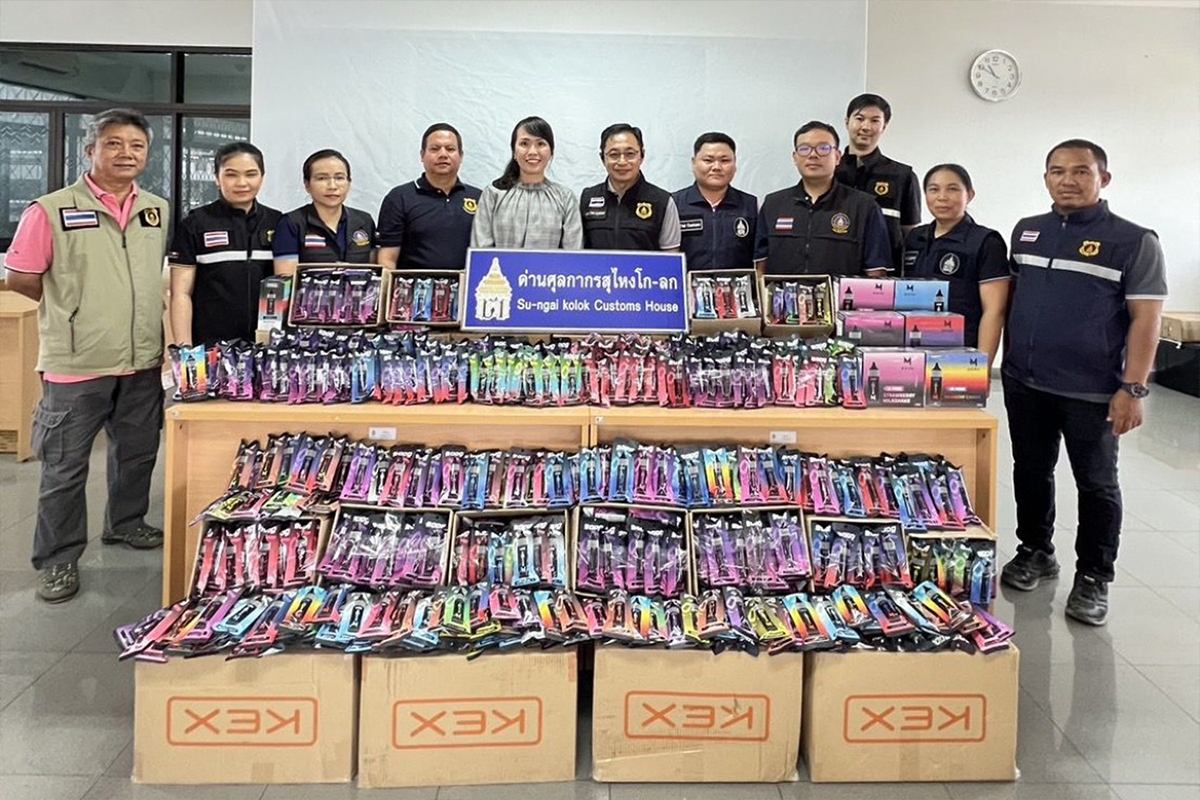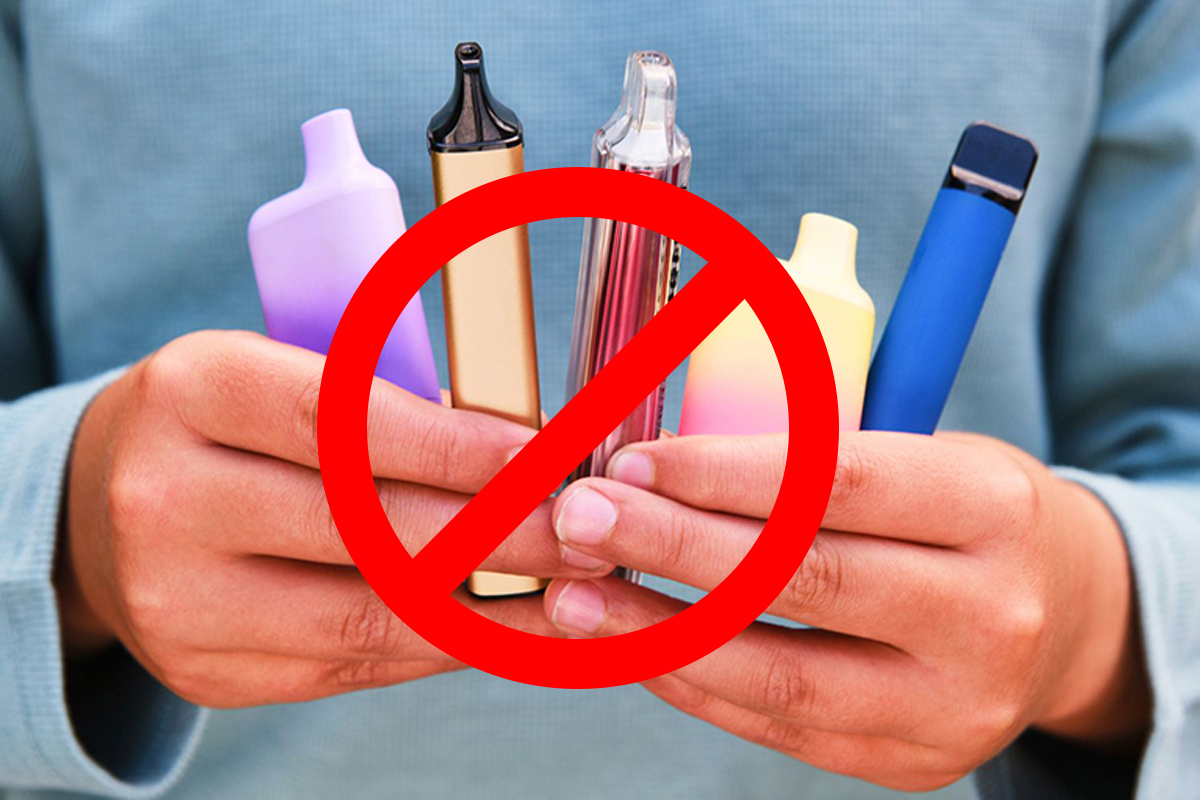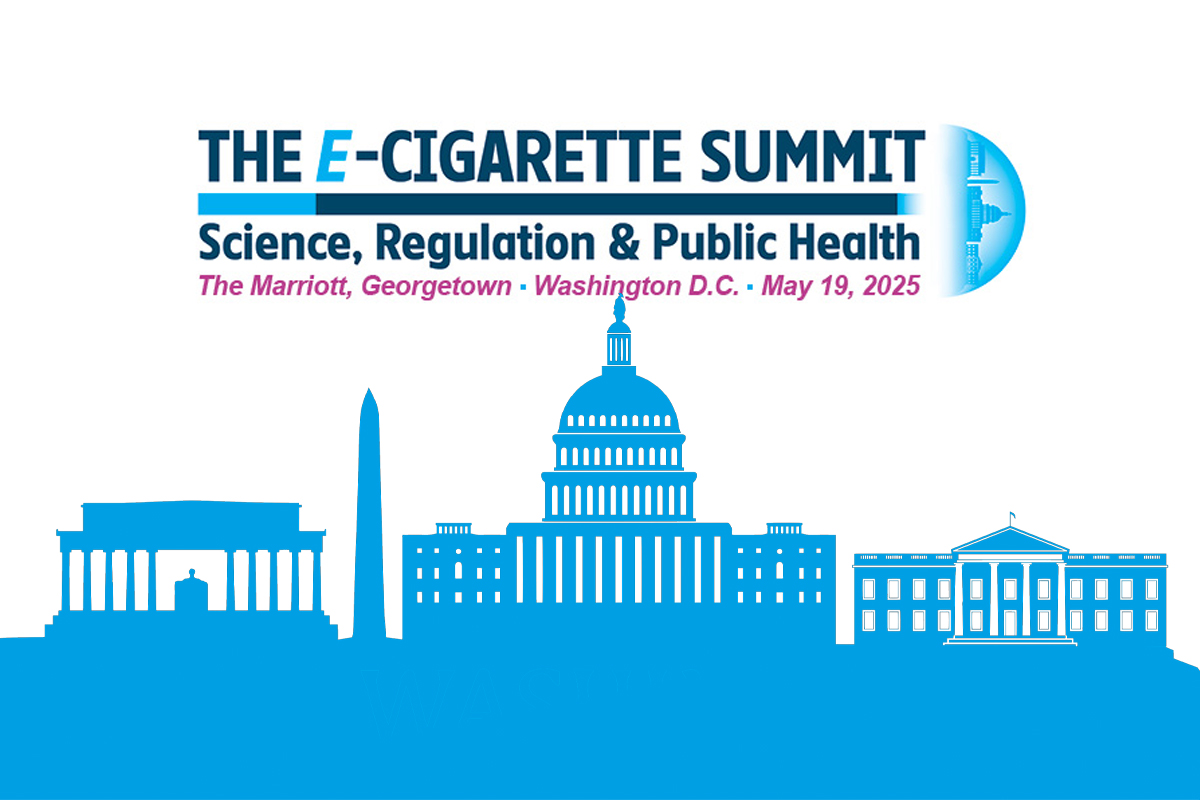The recent seizure of ₱15 million worth of illegal vape products and paraphernalia in Tondo, Manila is being hailed as a triumph by Philippine authorities—but in reality, it underscores the deep dysfunction within the country’s vaping regulatory ecosystem.
P15-M worth of illicit vape products and paraphernalia seized in Manila
MANILA — The Bureau of Internal Revenue (BIR) seized around P15 million worth of illicit vape products and paraphernalia in a house in Tondo, Manila, Monday evening.
BIR Commissioner Romeo Lumagui said that they conducted the raid after receiving information that the house is being used as a warehouse for the said illegal items.
The said vape products were discovered without the mandatory BIR-issued excise stamps which is a violation of the National Internal Revenue Code of 1997.
“Nag-raid tayo dahil sa nakita natin na may binebentang mga illegal na produkto dito, illicit vape products and illegal vape paraphernalia, pinasok natin at nakita natin,” said Lumagui.
We are not witnessing the resolution of a problem—we are watching the symptoms flare.
At first glance, the raid sounds righteous: tax-evading, unregistered products sold online, hidden inside a residential house turned warehouse. The Bureau of Internal Revenue (BIR) claims these goods pose a public health threat and economic harm. But scratch beneath the surface, and you find a troubling paradox: The stricter the regulation, the stronger the black market grows.
Let’s unpack this.
The Good Intentions of a Flawed System
On April 23, 2025, the Department of Trade and Industry (DTI) officially allowed conditional online sales of vaping products in the Philippines. Retailers must now meet a tight set of requirements: rigorous age verification, certified devices with PS or ICC markings, and full tax compliance with BIR excise stamps.
Sounds ideal in theory. But in practice, this framework is punishingly expensive for small vendors, painfully slow to implement, and full of bureaucratic dead ends. The costs of compliance—from product testing to stamp fees to platform integration—aren’t just financial, they’re existential for many legal businesses trying to operate above ground.
It’s no coincidence that in the same week as the Tondo raid, the BIR filed a ₱8.7 billion tax evasion case against the executives of three major vape brands. This crackdown shows that the government is serious—but also signals just how pervasive the gray and black markets have become.
Illegal Does Not Always Mean Unsafe—But It Does Mean Unregulated
Commissioner Romeo Lumagui’s quote, “baka lason na yang nilalanghap nila” (“they might be inhaling poison”), is designed to scare consumers into compliance. But that kind of blanket fearmongering ignores a crucial nuance: illicit does not automatically mean dangerous.
In fact, many of the black-market products flooding the Philippines are identical to legal imports—often coming from the same Chinese factories—just rerouted to avoid duties and taxes. The real issue isn’t always product quality. It’s lack of traceability and absence of oversight. Without proper certification, consumers can’t tell what’s legit and what’s fake. And if something does go wrong—an exploding battery, a contaminated e-liquid—there’s no recourse.
This is where the government needs to pivot: from enforcement alone to building transparent systems that help consumers verify safety and legality themselves.
The Online Battlefront: Where Rules Collide With Reality
Let’s be clear: online sales are the future of vaping in the Philippines. But the government’s digital enforcement tools are still stuck in the 2010s.
Despite DTI’s new guidelines, most major platforms lack effective real-name verification, and enforcement still relies on slow human reporting. As the Tondo case revealed, many sellers are simply operating out of private homes, using anonymous courier services, Telegram groups, or underground TikTok lives to move thousands of units.
Until authorities can embed compliance mechanisms into these platforms—think: automatic tax stamp scanning, platform-wide ban of uncertified brands, verified seller programs—raids like this will remain symbolic. Not strategic.
What Needs to Change: From Raids to Restructuring
The ₱15M bust may have disrupted one node of the underground network—but it will grow two more by next week. To win this fight, the Philippines needs to change the rules of engagement. Here’s how:
1. Create a National Vape Registry (NVR)
Make every legal product traceable through a public barcode system. Let consumers scan a device or juice bottle to instantly verify its legality and certification. Reward compliant sellers with visibility and platform priority.
2. Lower the Barrier to Legal Entry
Introduce micro-vendor compliance pathways for small businesses. Give them 6-12 months to get certified, offer digital tax tools, and subsidize testing fees. Don’t price them out of the legal market—they’ll just go underground.
3. Empower Platforms as Gatekeepers
Force e-commerce giants to take responsibility. Mandate integration with the BIR’s excise stamp database. Penalize platforms for hosting unregistered sellers. Make them part of the solution, not passive bystanders.
4. Launch a National Vape Literacy Campaign
It’s time to educate, not just penalize. The average consumer doesn’t know what a PS or ICC label means. Use influencers, TikTok, TV, and barangay-level seminars to show what legal, safe vaping actually looks like.
Final Thought: This Isn’t a Vape Problem—It’s a System Problem
What happened in Tondo is the inevitable result of a fractured system. Legal pathways are convoluted. Enforcement is reactive. Consumers are left in the dark. And the black market? It thrives in the chaos.
If the Philippines is serious about protecting its youth, collecting taxes, and promoting safer alternatives to smoking, it must move beyond seizures and into smart, scalable regulation. The raid was dramatic. What we need next is decisive policy evolution.
Because in the long war between compliance and chaos—raids alone won’t win. Systems will.






